
Okro Soup, Bubble Tea, and Relleno: International Students Share Their New Year's Traditions
HSE University is home to international students from all over the world, many of whom will be celebrating the New Year in Russia for the first time. They shared their plans for the festive season with the HSE News Service and spoke about holiday traditions and dishes in their home countries of China, Ecuador, Pakistan, Ghana, Indonesia, Nigeria, Guatemala, and India.

Festival in Tula Welcomes Future HSE University International Students
In December, HSE Preparatory Year students travelled to Tula to attend an international student festival. They got to know the ancient Russian city, presented their cultures at the festival, and participated in a student concert. Students from Macedonia, Syria and China shared their impressions about the event with the HSE News Service, while Russian teacher Anastasiya Zinchenko spoke about how such trips broaden the students’ outlook on the country and make them a better team.
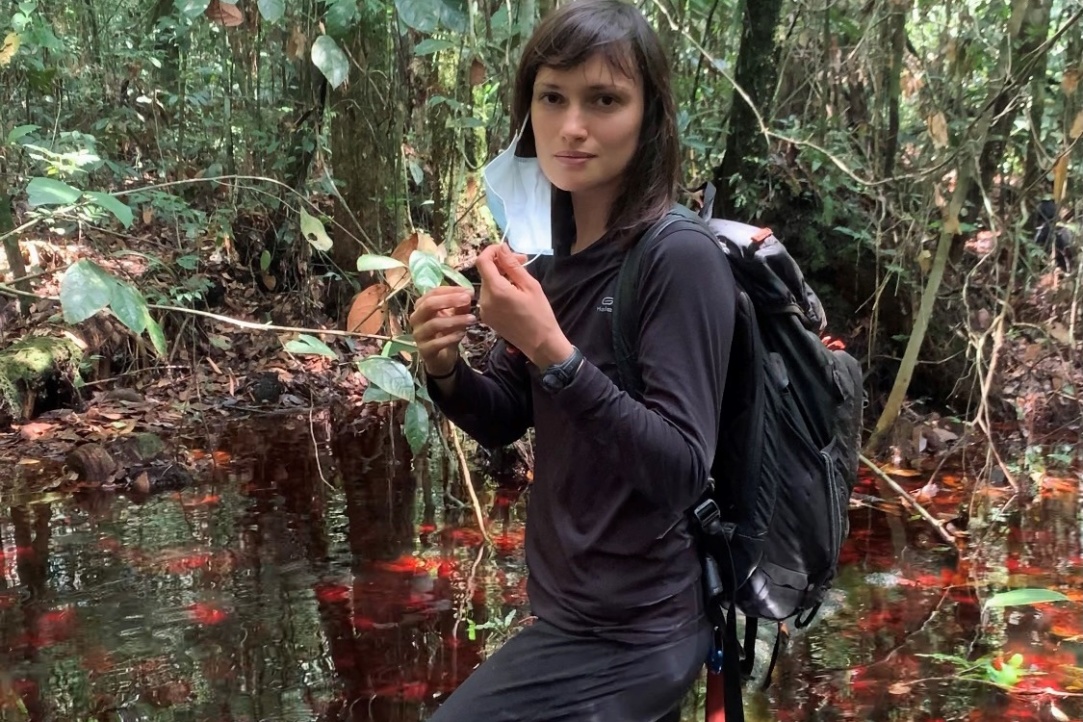
‘In Ethiopia One Night, a Lion came Near My Tent’
HSE University Faculty of Mathematics graduate Sonya Pashchevskaya did not become a mathematician but went instead into the natural sciences. However, her university background comes in very handy when studying the bonobo great apes. In this interview with Age-mates, she talks about the advantages of tent life, the application of graph theory to primatology, and a female ape named Olga.
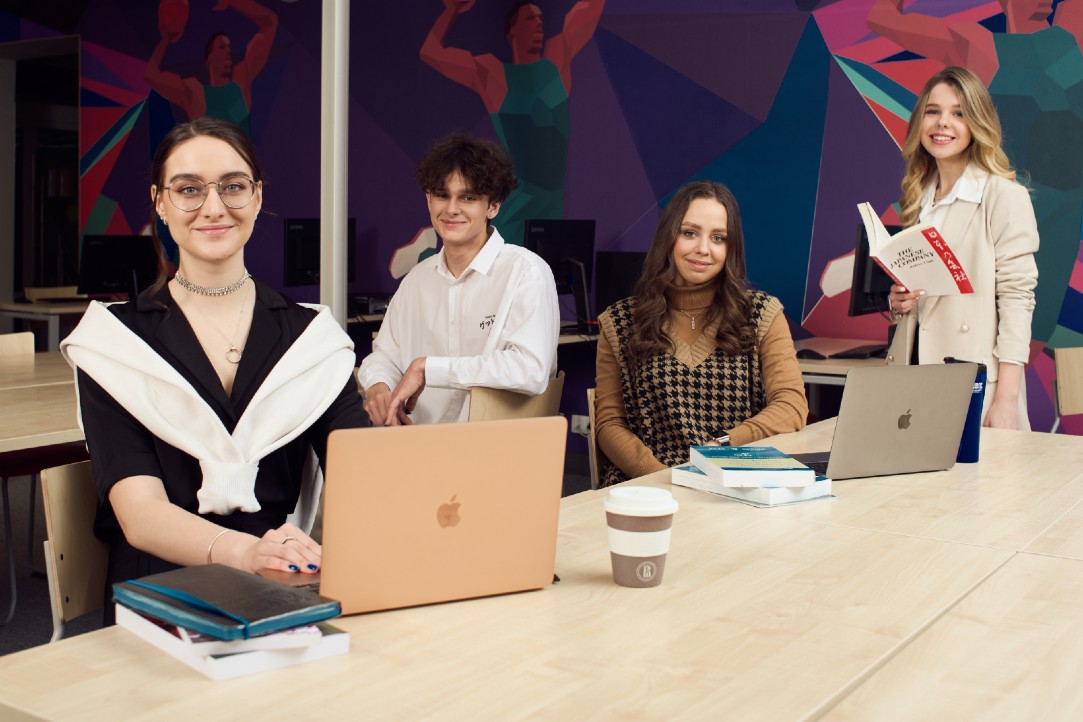
‘I Like the Atmosphere on the Campus’
The first semester will come to an end soon. The students have already met their groupmates and lecturers, faced their first exams, and received their first grades. Some international first-year students of the HSE campus in St Petersburg share their impressions of the university and its educational programmes.
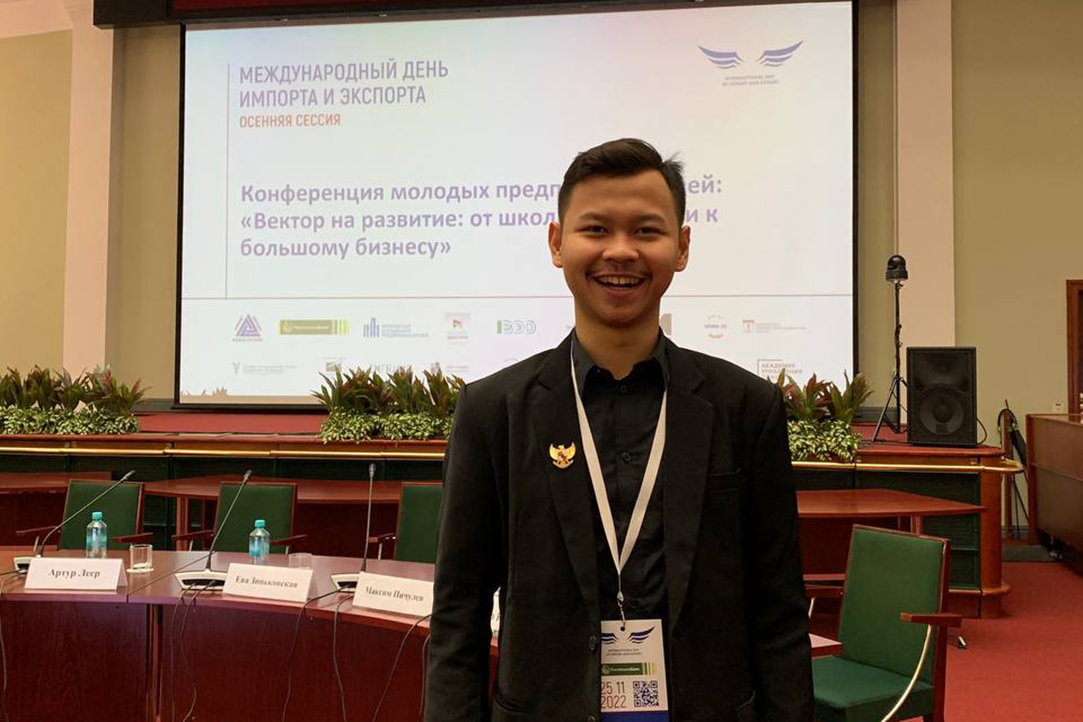
'HSE University Cares about the Careers of All Alumni'
Faiz Arsyad from Indonesia is a first-year master’s student of Agrarian Economics at the HSE Faculty of Economic Sciences. In his interview, he talks about his first months of studies at the university, which include meeting top governmental officials, attending agricultural conventions, and participating in the HSE Career Marathon.
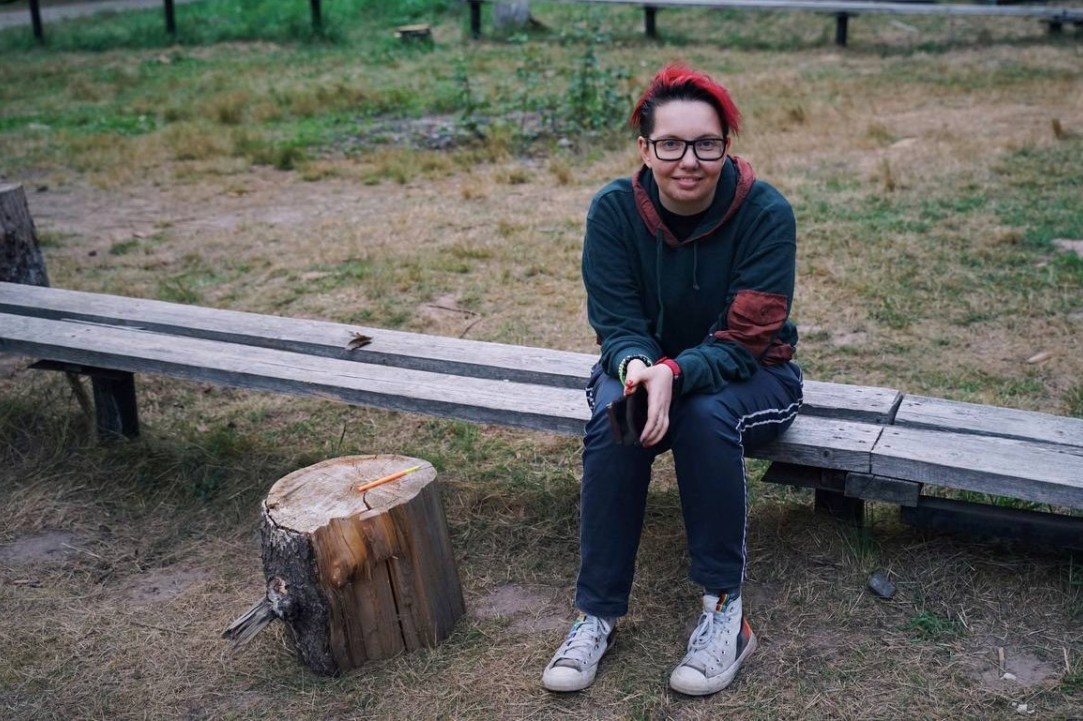
‘Gender Studies Show that Men and Women Have the Same Abilities’
In her four years at HSE University, Anna Ivanova has gone from teaching freshman classes to conducting an original course on autobiographical memory. She devotes a great deal of time to teaching while also finishing her dissertation and seeing patients as a practicing psychologist. In this interview with HSE University Agemates, Ms. Ivanova spoke about gender studies, her first impressions of her department, and the benefits of general education courses.
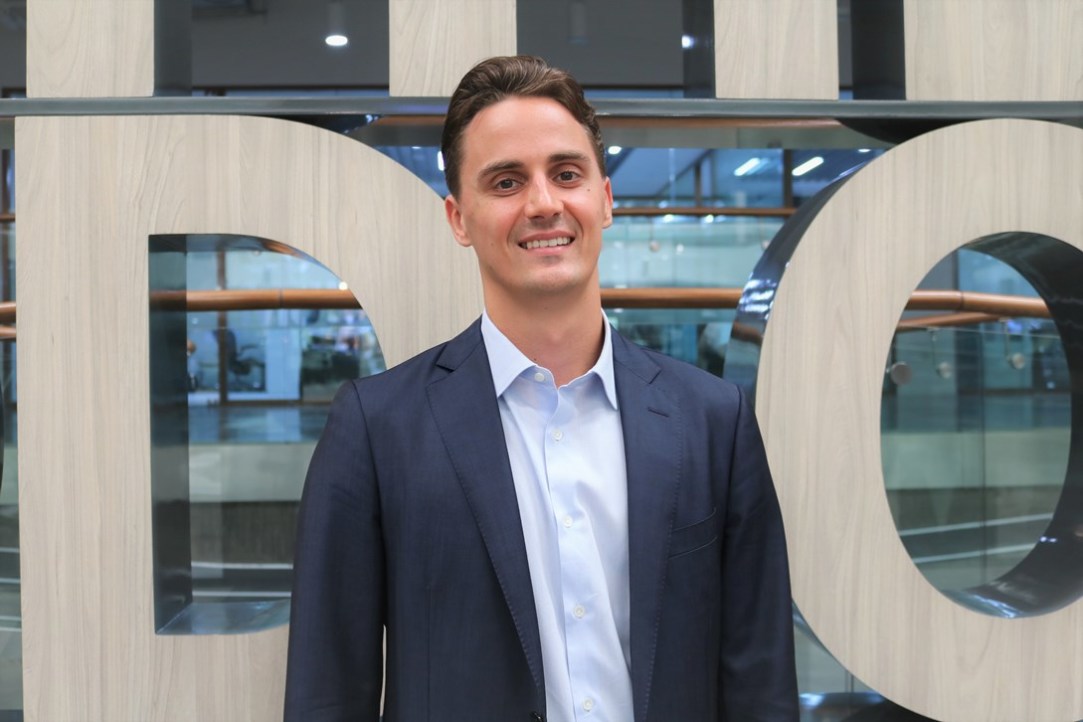
‘Knowledge Must be Applicable in Practice and Useful from Day One at Work’
Anatoly Potashov graduated from HSE ICEF in 2014. Today, he is a guest lecturer at HSE University and the author of the ‘Project and Venture Financing’ and ‘Alternative Investments’ courses. In his interview, Anatoly speaks about how Harvard Business School's online course inspired him to record an online course for HSE's Master of Finance programme and about working on funding for multi-billion-dollar projects.

HSE Art and Design School Accepts Projects for Contemporary Art Competition
The first season of the new competition for prospective applicants of HSE Art and Design School has started. The competition aims to unite promising young artists on one platform. The winners will receive tuition discounts of up to 100% for the HSE Bachelor's Programme in Contemporary Art.
.jpg)
‘Defining Yourself: Subject / Process / Identity’: New Exhibition Opens at HSE ART GALLERY
From November 9 to December 4, the HSE ART GALLERY is hosting an exhibition of works by students and lecturers of the HSE Art and Design School. The ‘Defining Yourself: Subject / Process / Identity’ exhibition lays the foundation of a multidisciplinary project about building connections between folk crafts, artistic practices, and modern research. The exhibition also has a parallel programme in the form of a curatorial excursion, an open talk, and an evening of performances.
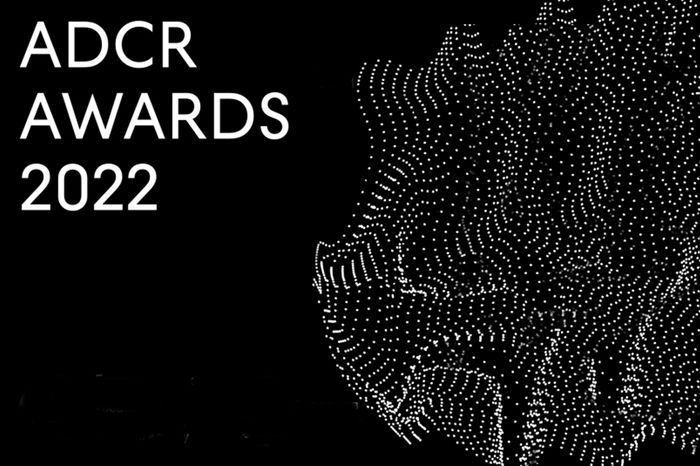
Students of HSE Art and Design School Take All Prizes at ADCR Awards
Eight works by students of the HSE Art and Design School are among the winners in the ‘Students’ category of the ADCR Awards, a Russian professional competition in the field of creativity, design and advertising. HSE students won all gold, silver and bronze awards. Many student works were also included in the shortlist of the competition, while Evgeny Kashirin, lecturer at the HSE Art and Design School, was named tutor of the year.


Submissions are open until October 13